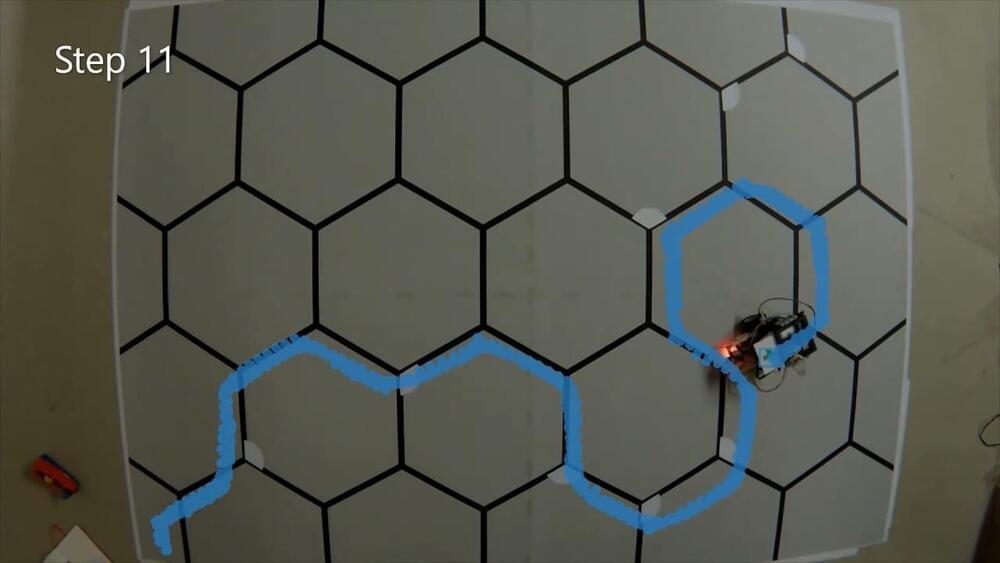A maze is a popular device among psychologists to assess the learning capacity of mice or rats. But how about robots? Can they learn to successfully navigate the twists and turns of a labyrinth? Now, researchers at the Eindhoven University of Technology (TU/e) in the Netherlands and the Max Planck Institute for Polymer Research in Mainz, Germany, have proven they can. Their robot bases its decisions on the very system humans use to think and act: the brain. The study, which was published in Science Advances, paves the way to exciting new applications of neuromorphic devices in health and beyond.
Machine learning and neural networks have become all the rage in recent years, and quite understandably so, considering their many successes in image recognition, medical diagnosis, e-commerce and many other fields. Still though, this software-based approach to machine intelligence has its drawbacks, not least because it consumes so.
